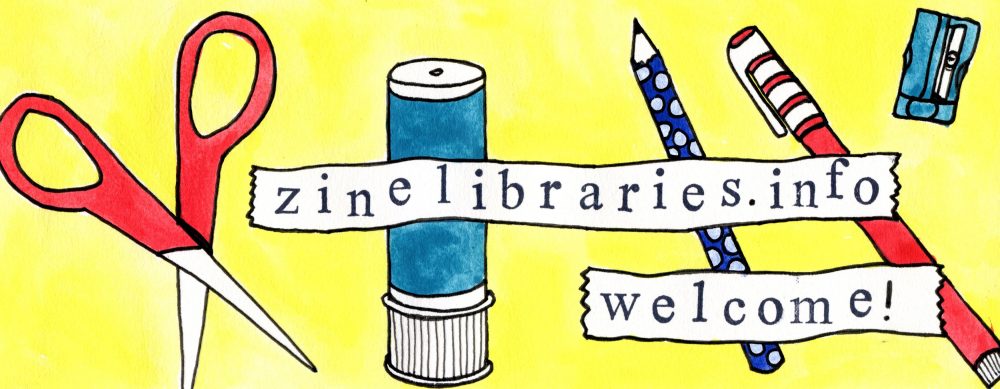What is an unconference?
This is from Eric Goldhagen’s blog and was written about Drupal Camp in NYC but applies to the IZL(u)C, too.
- An unconference is a participant centric conference, the structure is more concerned with the value to the participants than the value for the sponsors or organizers (in a similar way that the GPL Free Software license is more concerned with the rights of the software user than the software owner)
- At a normal conference, the hallway conversations tend to be the best parts. At an unconference, it’s all hallway!
- unconference tries to replicate the community centric nature of Free Software projects in the way we organize an event. Everyone is a participant.
- Whoever shows up are the right people to have here
- Whatever happens is what is supposed to happen
- If you find yourself in a place where you are neither learning or contributing, be respectful but use your feet to find another room where you can learn and contribute
- Your participation is not only welcome, it’s necessary
Possible discussion topics
- Collection development for zines in a language you don’t speak
- Promoting zines in the classroom
- Multi-language zine collections — how do you put them on the shelf?
- Cataloguing: examples of catalogues, sharing practices, zine categorization/digitization, information security
- Keeping zines safe (protecting from wear & tear and stealing)
- Budgets & zine acquisition
- writing funding apps for zine libraries – a how to
- basic archival practice / record keeping skill share
- Zines in a public library: how to start a collection, where to put a zine collection, age group
- working with space/location limitations
- Running a zine festival within a library
- Experience organizing virtual events
- Zine clubs
- Working with young people, age appropriate zines for young people, engaging young people with zines
- Pandemic – organizing without being physically together
- Community Building
- Activism & Zines/Zine Libraries
- Showing the value of zines to administrators
Steps for facilitating an unconference session by Zoom
- Give folks some time to get oriented and do some brainstorming of the topics they would like to discuss. You can use the chat for folks to enter their ideas, cull from the list above, and see if anything is being shared on Discord. This could take some time, but that’s okay!
- Help get a sense of what folks are interested in — you might use the Whiteboard feature so that people can annotate, or just ask people to list their top two topics in the chat, for example. Your goal is to end up with a schedule for the rest of the time together, so people can decide where they’d like to go, when.
- Make sure that every session has a facilitator and at least one note-taker. The facilitator role is to help keep the conversation moving and keep an eye on the time. The notetaker should jot down notes in the shared documents (links to those are posted on the main IZL(u)C page).
- Use breakout rooms if there are multiple topics of conversation, or if any groups of people want to split off.
- Leave up a slide or the whiteboard feature to help people get oriented if there is more than one room. Someone should stay in that main room to direct in folks who join late.
- Zoom transcription (captions) is not a capability in breakout rooms. If someone needs live transcription, they should be a part of the main room, not a breakout room. Otter transcription may be a possibility for breakout rooms.
Tips and tricks for facilitators/participants
- Be flexible! This is all an experiment. We will share tips throughout the weekend as we learn together how this works.
- Make space for awkwardness and mental processing, acknowledge there will be silences and fumbling for Zoom controls, acknowledge the challenge of coming from different spaces.
- Participants’ initial expectations may be just to sit back and watch, not necessarily active engagement, so let people know how unconferences differ from regular conferences (see the list above).
- Make clear the different ways people can participate in Zoom: chat, have your video on, adding to shared notes, raise hand feature, etc.
- Explore in advance tools you might want to use such as Google Jamboard and Cryptpad so you’re familiar with them before sessions.
